|
By: Isha Ishtiaq Do you know that your kitchen is a treasure trove of health benefits? You may not realize it, but there are spices in your kitchen that can do wonders for your well-being. They not only add flavor and aroma to your meals but also offer you numerous health benefits. Let’s walk through this blog and explore what those spices are and how they can benefit your health. Cinnamon Cinnamon is one of the most popular spices in the world. It has a sweet and warm flavor that goes well with both sweet and savory dishes. Cinnamon contains a compound called cinnamaldehyde which has amazing medicinal properties. Research shows that cinnamon contains anticancer, antioxidant, and anti-inflammatory biomolecules which have beneficial effects on health.1 Additionally, a study showed that cinnamon can lower the risk of Covid-19 by removing free radicals due to its antioxidative properties.2 Furthermore, the bioactive compounds in cinnamon can reduce inflammation, hyperglycemia, gut dysbiosis, and dyslipidemia, which are common complications in patients with chronic kidney disease (CKD).3 Some of the key benefits of cinnamon are:
How to add cinnamon to your diet? Here are some ways to use cinnamon in your meals and enjoy its health benefits:
Caution While cinnamon is generally safe, it should be used in moderation.
Turmeric Turmeric is a bright yellow spice that has been used for years in Ayurvedic medicine. This yellow spice contains a compound called curcumin that prevents you from many chronic diseases such as diabetes, Alzheimer’s disease, arthritis, heart disease, and depression.4 A review shows that research has proven the antibacterial, antiseptic, antiviral, antitumor, antioxidant, and anti-inflammatory properties of turmeric.5 It also plays a part in female reproductive health through its antiangiogenic and proapoptotic mechanisms.6 Moreover, its oral and topical use has significant positive effects on skin health.7 Some of the key benefits of turmeric include:
How to use turmeric in daily life? Here are some simple ways to savor the flavor and healthy advantages of turmeric
Caution Turmeric use is generally safe for most individuals when consumed in moderation as part of a balanced diet.
Ginger Ginger is also a pungent spice that has been used in traditional medicine and cuisine. It contains gingerol and has antioxidant and anti-inflammatory properties. It is a powerful spice that can relieve vomiting, motion sickness, morning sickness, and nausea.8 A review showed that ginger is beneficial in iron-deficiency anemia and other problems associated with iron metabolism.9 An umbrella review of systematic reviews highlighted strong evidence for the antiemetic effects of ginger in pregnant women, analgesic effects for osteoarthritis, and glycemic control. It also found positive effects on blood pressure, weight management, dysmenorrhea, postoperative nausea, chemotherapy-induced vomiting, blood lipid profile, and anti-inflammatory and antioxidant biomarkers.10 With so many potential upsides, ginger is worth adding to your diet. Here are some key ways it could boost your health:
How to add ginger to your diet? Ginger is simple to enjoy.
Caution
Garlic Garlic is also a pungent and aromatic spice that is widely used worldwide. It has antioxidant and antimicrobial effects, reduces the risk of cardiovascular diseases and cancer, and enhances detoxification and hepatoprotection.11 Garlic is rich in bioactive compounds such as allicin, ajoene, and quercetin, which contribute to its pharmacological activities including anti-inflammatory, anticancer, antidiabetic, and antimicrobial effects.12 Research has shown that garlic has beneficial effects on the cardiovascular system, Alzheimer's disease, diabetes, wound healing, and aging.13 A meta-analysis showed that garlic reduces blood pressure, improves lipid profile, and decreases inflammatory markers in patients with coronary artery disease.14 Some of its key benefits include:
Simple ways to enjoy Garlic in your meal You're likely already using garlic frequently in meals, but here are some additional preparation ideas:
Caution
Oregano Oregano is a fragrant and herbaceous spice that is commonly used in Mediterranean and Mexican cuisine. It also provides great benefits to your health as it is a natural antibiotic, antiseptic, and antifungal. A study showed that Oregano supplementation reduces muscle damage and increase oxidative capacity in soldiers performing high-intensity exercise.15 Some key ways oregano promotes wellness include:
How to add oregano in your diet? Luckily, adding more oregano to your diet is simple. Here are some tasty ideas:
Caution Just be mindful of the following cautions:
Paprika Paprika is another red and smoky spice, made from dried and ground peppers and is a nutritious spice for your health. Paprika contains various carotenoids such as capsanthin and capsorubin, which have strong antioxidative effects and show preventive effects against obesity-related diseases.16 Additionally, research shows that paprika has a protective effect against age-related macular degeneration (AMD) and cataracts due to its antioxidant activity.17 Organic paprika, in particular, contains higher levels of bioactive compounds such as carotenoids and polyphenols, which further enhance its health benefits.18 Some of the amazing benefits of paprika include:
How to use paprika in your diet? Sprinkle it on potatoes, popcorn, eggs, or fish for simple snacks full of flavor
Caution Be mindful of using paprika if you have an underlying digestive condition as the spice can cause minor stomach irritation for some people. Cumin Cumin is a nutty and earthy spice, widely used in Indian, Middle Eastern, and Mexican cuisine. Cumin has various health benefits including weight loss, cholesterol control, anti-diabetes properties, and more. It is rich in dietary fibers, vitamins B and E, as well as minerals like iron and magnesium.19 A review discussed that cumin has antimicrobial, analgesic, and immune-modulatory properties, and it may be beneficial for respiratory problems, metabolic disorders, and various types of human cancer.20 Here are some key benefits of cumin:
Easy Ways to Use Cumin
Caution
Conclusion Till now, you might have learned how you can benefit from some hidden secrets present in your kitchen. By adding these spices, you not only enjoy the flavor and aroma but also prevent and treat many diseases. So, what are you waiting for? Spice up your life today!
1 Comment
Valerie Fulmer
2/26/2024 03:36:21 pm
Thank you for this article. How did people ever survive without spices? I suppose you don't miss what you don't know. Spices are amazing.
Reply
Leave a Reply. |
Archives
May 2024
Categories |
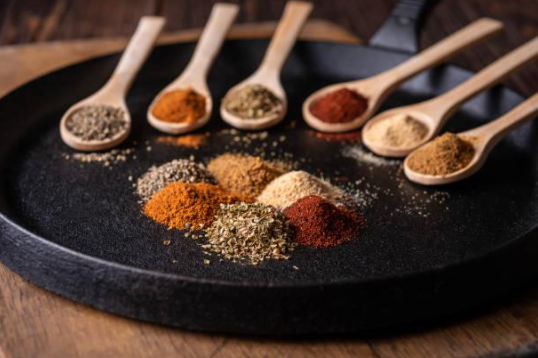
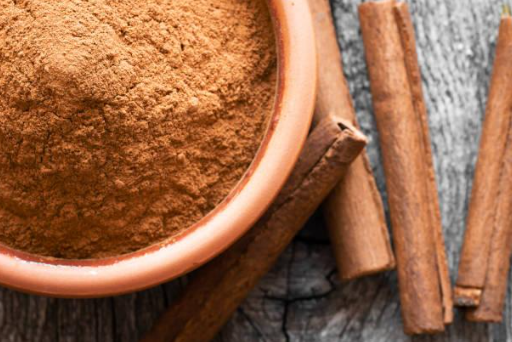
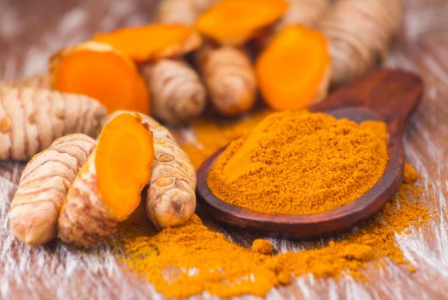
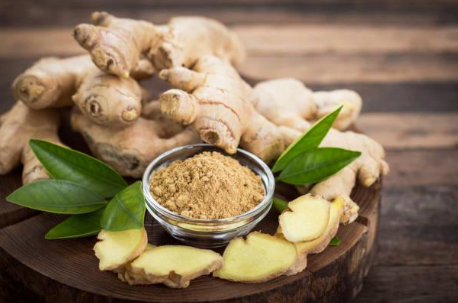
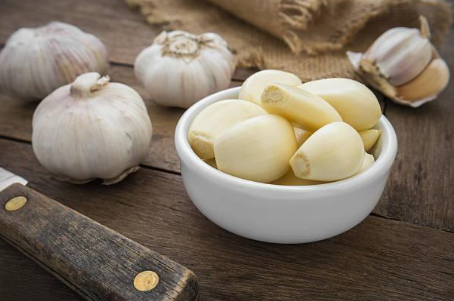
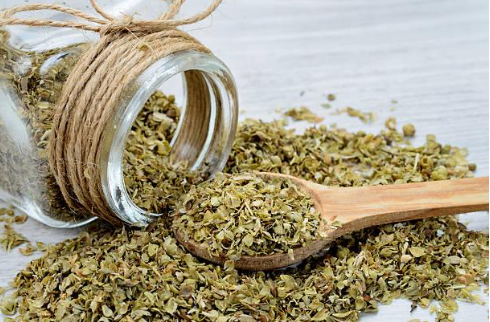
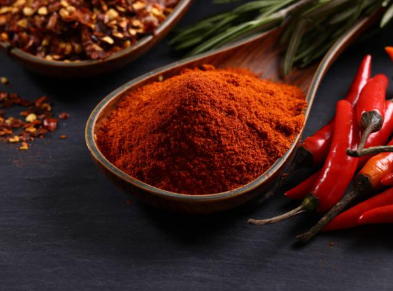
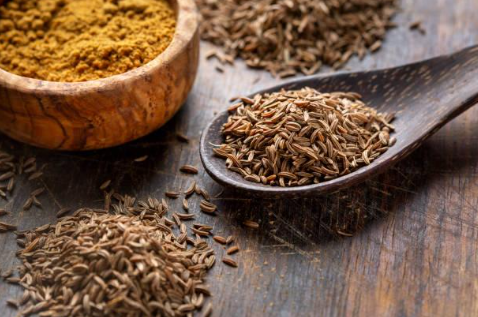
 RSS Feed
RSS Feed